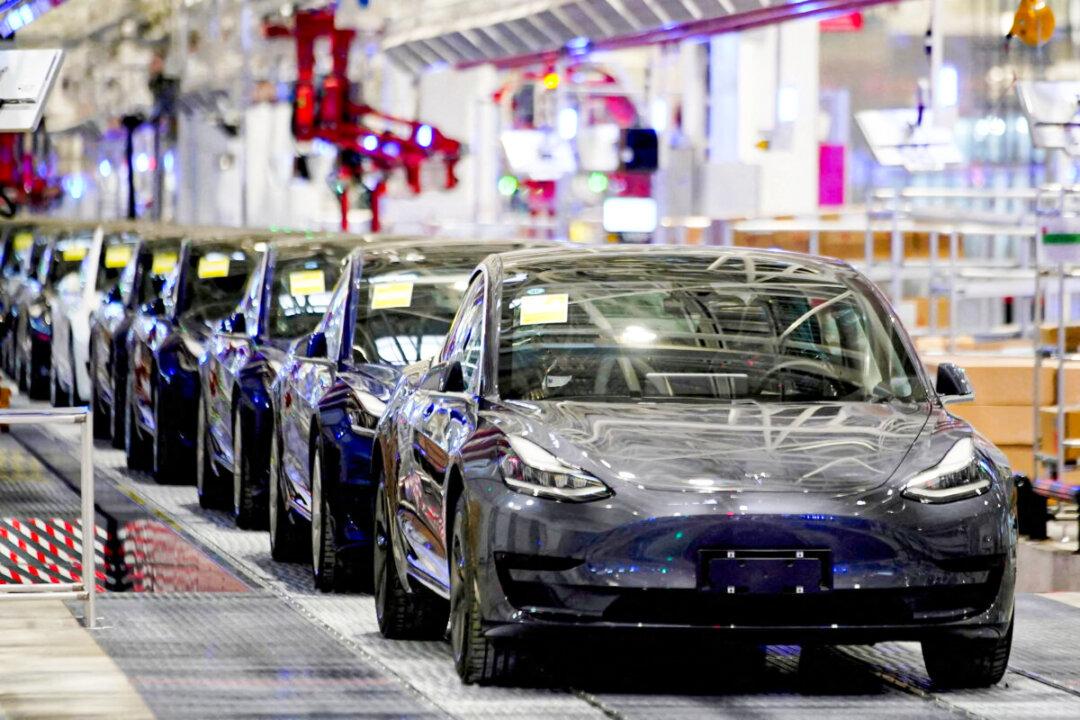Tesla hiked its prices for its electric vehicles in the United States and China for the second time in a week, after CEO Elon Musk said that the company was facing inflation pressures in raw materials and logistics.
The electric car company had last raised its prices on March 9.Tesla’s Model 3 and Model Y have seen massive cost hikes as metal prices are on the rise due to sanctions on Russia, which had supplied the raw materials, and the already existing supply chain crisis.





